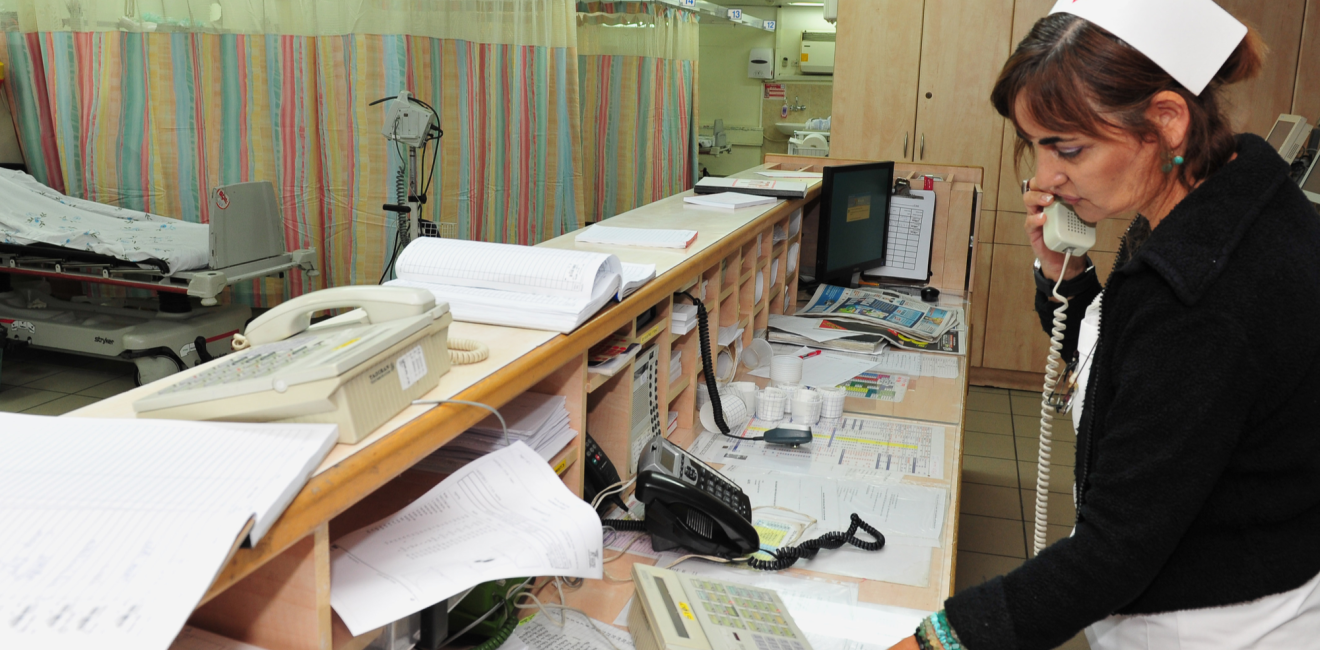
A blog of the Middle East Women's Initiative
30 percent more women in Israel have been laid off or placed on unpaid leave. This is due, in part, to the significant gender segregation in the Israeli labor force.
As in other countries, women in Israel have been disproportionately impacted by the COVID-19 pandemic, especially in the workplace. Furthermore, the disparate impact on women from historically marginalized communities serves to increase existing inequalities. The U.S. Gender Policy Council, established by the Biden-Harris administration, should pay careful attention to workplace gender inequalities and their augmented effects on underserved groups.
According to available data and recent reporting, 30 percent more women in Israel have been laid off or placed on unpaid leave. This is due, in part, to the significant gender segregation in the Israeli labor force. Women’s over-representation in the clerical services, food services, and sale and retail services means that they are particularly vulnerable to job loss in industries that rely on face-to-face interactions. They are also more likely to work fewer hours, hold part-time positions, to be employed in less senior positions, earn less, and have more difficulty accruing tenure as a result of periods of maternity leave. These types of positions often have less security and less benefits, and this in part explains why women represented the majority of those who lost employment in the crisis.
However, a Taub Center report found that job type alone did not explain women’s unemployment rates. They found that in 18 out of 19 industries, women filed for unemployment at higher rates than their representation in the industry. This is due to women taking on additional care responsibilities. They are often the secondary wage earner, and among parents in Israel, women work 23 hours per week compared to men who work 36 hours per week. Younger women of child-bearing age and Haredi women have been particularly hard hit by these factors.
As Israel enters yet another election cycle, it is crucial for the next Israeli government to take concrete action to minimize the long-term negative effect of the pandemic on women’s employment and the large and persistent gender wage gap in Israel. Economic initiatives and stimulus programs should endeavor to target women, particularly those with dependents and who are members of historically marginalized communities. Among such priorities, Israel must establish more affordable early childhood care programs. Although these programs do exist, they are often expensive, and staff is underpaid and undervalued. Job training programs should actively recruit women to help them navigate and access opportunities in a job market that is forever changed.
Author


Middle East Program
The Wilson Center’s Middle East Program serves as a crucial resource for the policymaking community and beyond, providing analyses and research that helps inform US foreign policymaking, stimulates public debate, and expands knowledge about issues in the wider Middle East and North Africa (MENA) region. Read more


Middle East Women's Initiative
The Middle East Women's Initiative (MEWI) promotes the empowerment of women in the region through an open and inclusive dialogue with women leaders from the Middle East and continuous research. Read more

Explore More in Enheduanna
Browse Enheduanna
Women are the Catalysts for Change in Lebanon

How Education Can Empower Young Women in MENA


